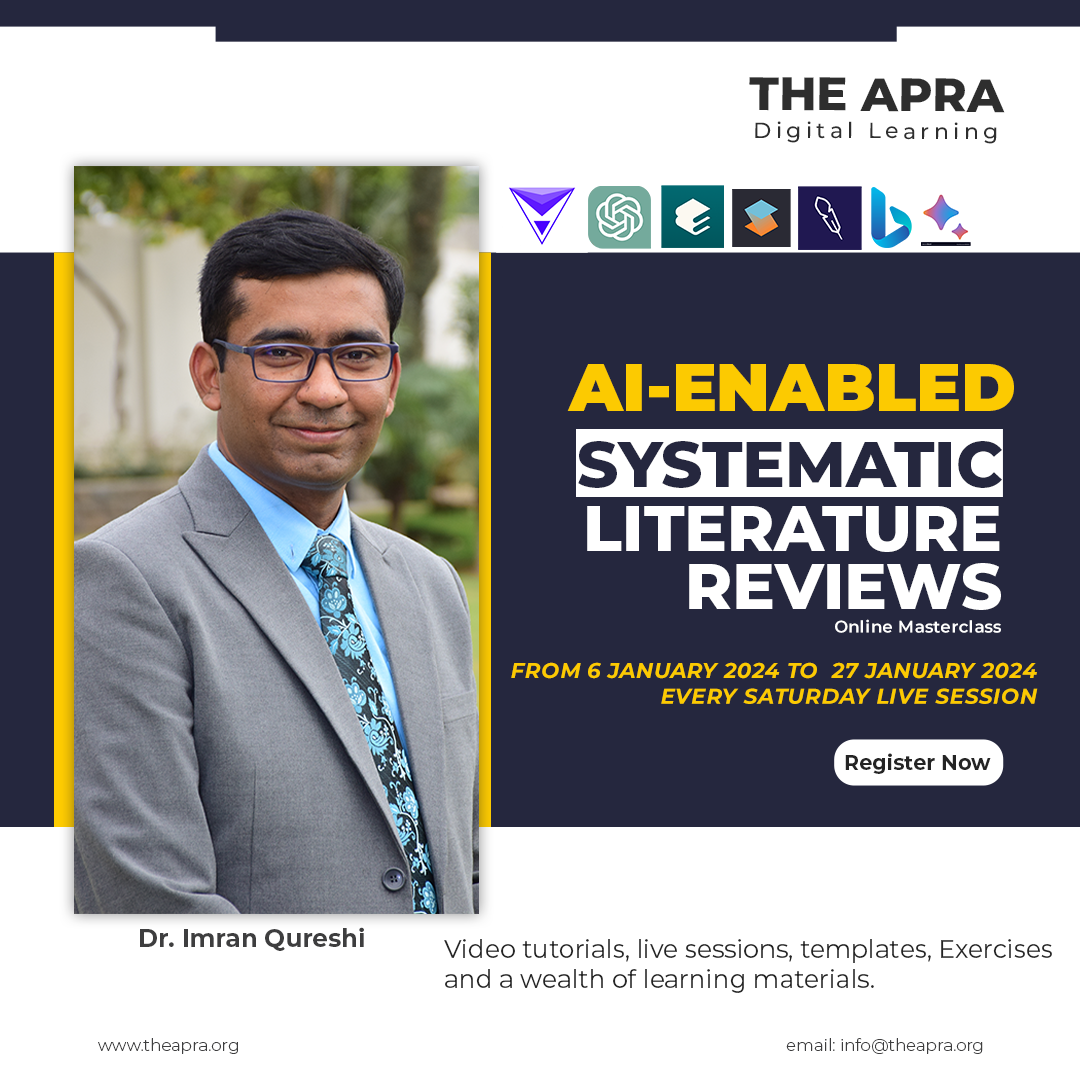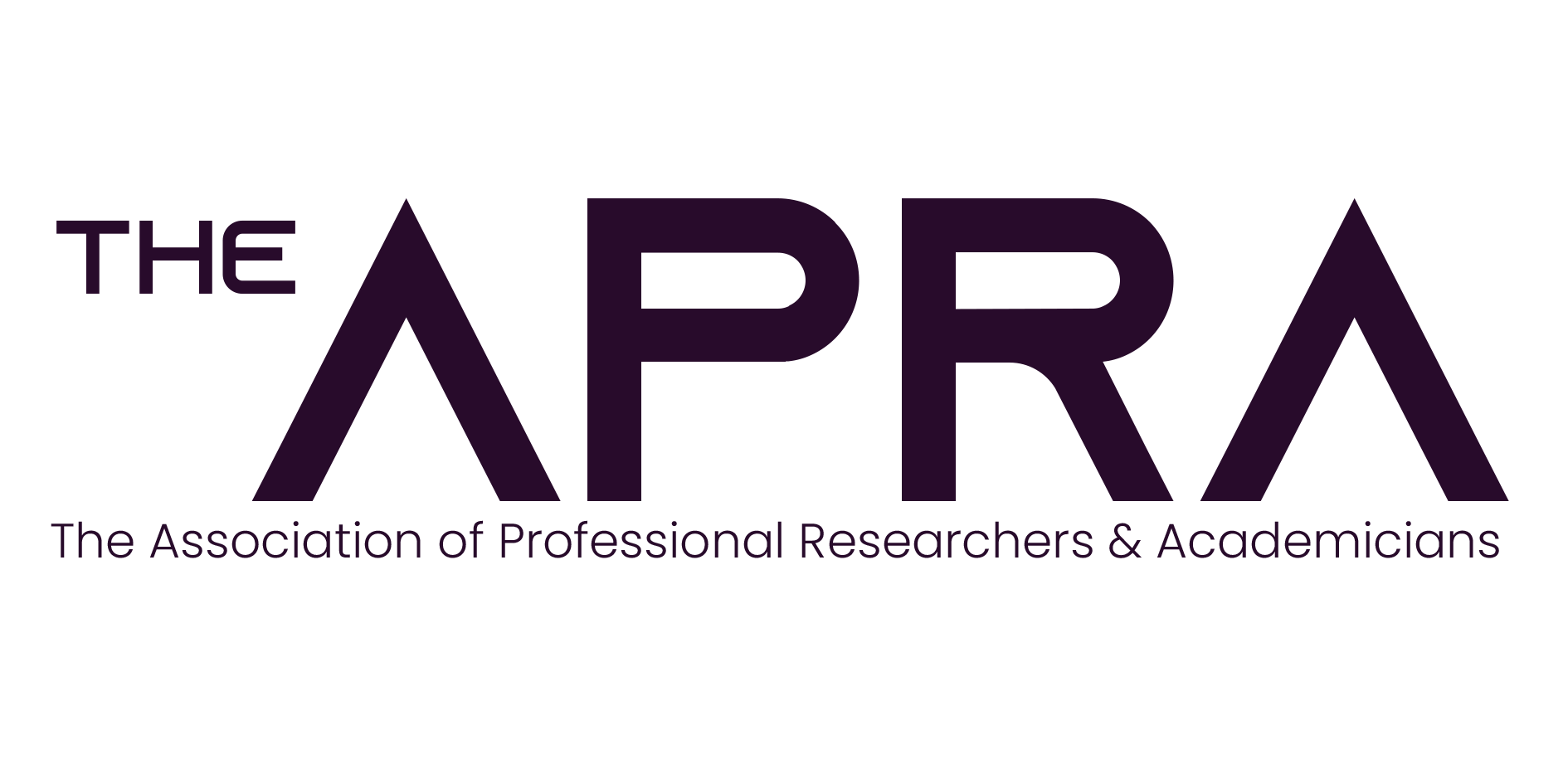
About Course
Course Aims:
This master class endeavors to furnish participants with advanced expertise and proficiency in executing systematic literature reviews (SLRs) by harnessing state-of-the-art AI tools and methodologies. The course aims to empower participants to adeptly craft research inquiries, refine research precision, employ AI-driven strategies for literature searches, efficiently extract and evaluate data, synthesize extensive literature comprehensively, and produce structured, perceptive review reports enriched by AI-driven insights.
Teaching Methodology:
The course will employ a diverse instructional approach, amalgamating live sessions, video tutorials, interactive engagements, and comprehensive feedback loops for learner submissions. Spanning four weeks, the live sessions will unfold weekly via Zoom, offering a platform for learners to engage with both the course instructor and fellow participants. These sessions will facilitate discussions, queries, and personalized feedback on learner progress.
Video tutorials will comprehensively cover various facets of conducting literature reviews utilizing AI tools, granting learners the flexibility to access and assimilate this content at their preferred pace. Interactive sessions are meticulously designed to enable learners to apply acquired knowledge and skills to their individual research projects. Moreover, these sessions will facilitate peer-to-peer review and constructive feedback mechanisms to enhance learning outcomes and project quality.
Certification Offered:
Upon successful completion of the course, participants will receive certification from The Association of Professional Researchers and Academicians UK, recognizing their expertise in AI-enabled systematic literature reviews. The certification will validate the participant’s mastery of AI-powered methodologies for conducting comprehensive and insightful literature reviews.
Course Content
Module 1: Prompt Engineering for Systematic Literature Reviews using AI
-
Fundamentals of Systematic Literature Reviews
11:46 -
Introduction to Systematic Literature Review research article template
12:02 -
ChatGPT Custom Instructions
10:54 -
Prompt Engineering for Systematic Literature Reviews
13:41 -
Live session 1 recording
01:24:01


